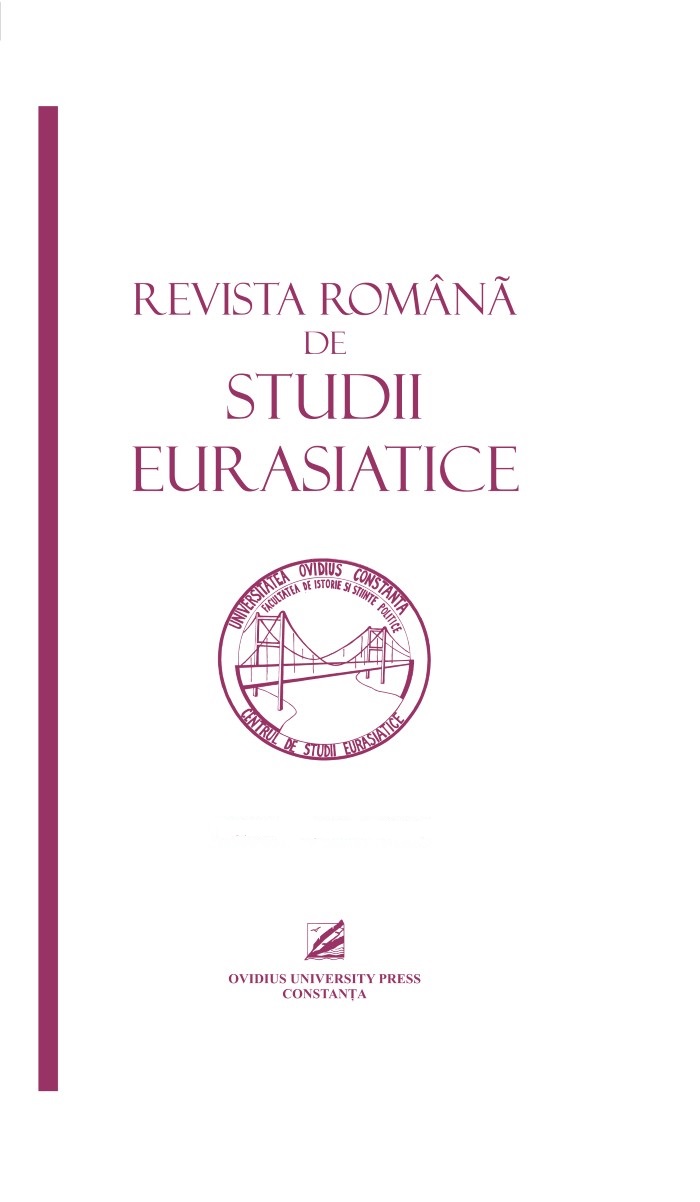THE SUGAR INDUSTRY AND SUGAR BEET CULTIVATION IN PRE-MUNICH CZECHOSLOVAKIA FROM THE VANTAGE POINT OF SOCIAL POLICY
THE SUGAR INDUSTRY AND SUGAR BEET CULTIVATION IN PRE-MUNICH CZECHOSLOVAKIA FROM THE VANTAGE POINT OF SOCIAL POLICY
Author(s): Jan HladíkSubject(s): Economic history, Interwar Period (1920 - 1939)
Published by: Ovidius University Press
Keywords: Sugar Industry; Social Policy; Wage; Pension; Great Depression
Summary/Abstract: The thesis deals with the corporate social policy applied in the sugar and beet industries in Pre-Munich Czechoslovakia. After the First World War, when the economy was subject to high inflation and a general shortage, the sugar and beet industries offered generous wage policies to prevent strikes. With the waning of post-war problems, the wage policy in the sugar and beet industries was relatively flexible in adapting to market trends. In 1926, Czechoslovak sugar industry and sugar beet farmers got into economic difficulties, but it was not possible to reduce wages because of the strike in the sugar industry. Since then, relatively high wages remained in the sugar industry, irrespective of market trends, which led to extensive redundancies and reduced production. In the sugar beet industry, where workers were not so well organized, wage formation was much better adapted to market trends, especially for task rates. Central Union of Czechoslovak Sugar Beet Growers and Umbrella Organization of the Czechoslovak Sugar Industry also supported charity. Especially hospitals, libraries, schools, poor pupils and farmers were sponsored. The Sugar Industry was also a successful lobby group in enforcing laws favorable to it.
Journal: Revista Română de Studii Eurasiatice
- Issue Year: 13/2017
- Issue No: 1-2
- Page Range: 49-82
- Page Count: 34
- Language: English

